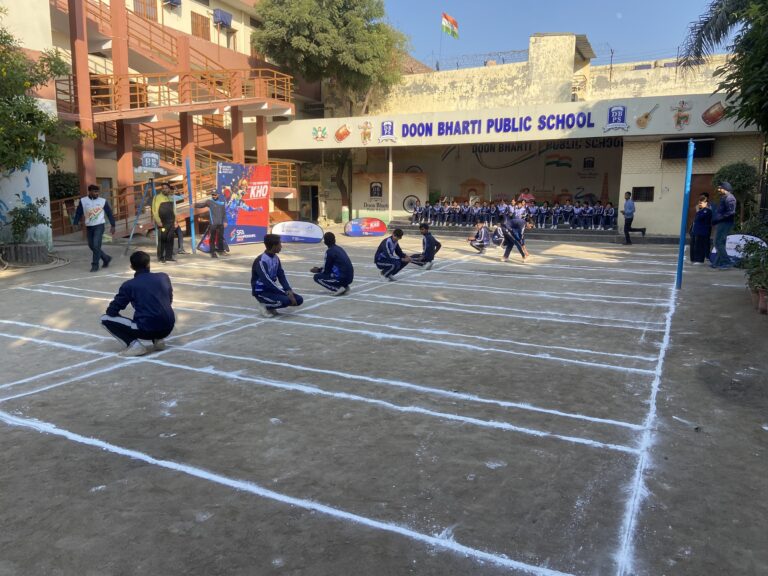Asserting that “free legal aid is a right of the people of India”, Union Law Minister Kiren Rijiju on Monday informed Rajya Sabha that the Centre has been focusing on the matter.
Participating in the debate over ‘The High Court and Supreme Court Judges (Salaries and Conditions of Service) Amendment Bill 2021′, Rijiju mentioned how several undertrials have been facing the problem due to lack of free trial as their families are not able to spend amount for trials.
Rijiju said that it resulted in lakhs of undertrials languishing in various jails in the country, and that “I would write to the Chief Justice of India” to look into the matter.
Noting that he recently mentioned the issue in an event in Uttarakhand, the Minister assured of raising the issue in the upcoming Law Ministers’ Conference along with several other issues raised by the Rajya Sabha members during a discussion over the Bill.
Rijiju made it clear that there should not be any “politics on judiciary” and “There should be no distance between man and justice”.
On the issue of fast track courts, the Minister said a total of 28 states and seven Union Territories are engaged to achieve the goal except for West Bengal, which is not taking any step in this direction.
“I don’t know why West Bengal is not showing interest in fast track court. West Bengal’s performance is not good…There should not be any politics on judiciary,” Rijiju said.
He also supported all Opposition members’ demands to focus on the security of judges and mentioned the Centre will discuss the matter despite it being a state subject.
The Minister also expressed his view for the appointment of more judges that include those who belong to Scheduled Castes and Scheduled Tribes.
He also informed that the Centre will take suggestions from states on establishing a National Judicial Infrastructure Authority. “I have received a letter from Chief Justice of India over the issue but the Centre will not take decisions before consultation from the states.”
The Minister was replying to issues raised by several Rajya Sabha members who earlier took part in the debate over the money Bill, which was later considered and returned with a voice vote. The Bill was passed by the Lok Sabha on December 8.
The Bill clarifies that a person will be entitled to the additional pension or family pension from the first day of the month in which they complete the minimum age under the concerned age bracket.
Rijiju accepted almost all the suggestions of the members of the House on the Bill that seeks amendment in The High CourtJudges (Salaries and Conditions of Service) Act, 1954 and the Supreme and Supreme Court Judges (Salaries and Conditions of Service) Act, 1958.
Rijiju said the government has to take up the Bill as an “explanation clause”.
Both the High Court Judges (Salaries and Conditions of Service) Act, 1954, and the Supreme Court Judges (Salaries and Conditions of Service) Act, 1958 regulate the salaries and conditions of service of the judges of High Courts and the Supreme Court of India.
Under the Acts, all retired judges of the Supreme Court and High Courts and their family members are entitled to pension or family pension. They are also entitled to an additional quantum of pension or family pension when they attain a certain age in accordance with a specified scale. The scale contains five age brackets (with a minimum age of 80, 85, 90, 95, and 100 years), and the additional quantum increases with age (from 20 per cent to 100 per cent of the pension or family pension). (ANI)















